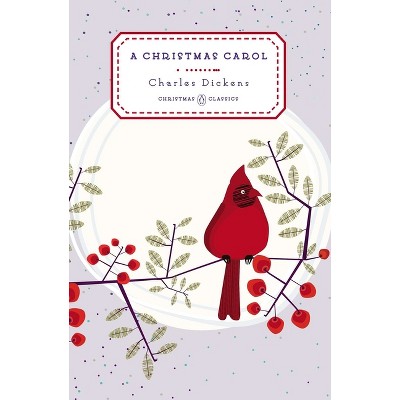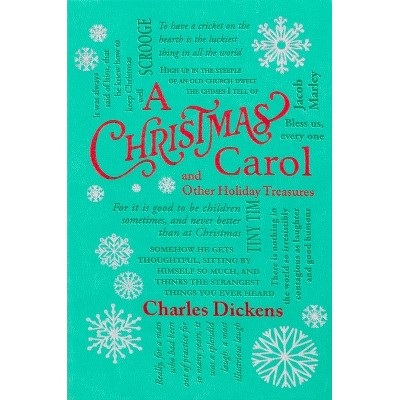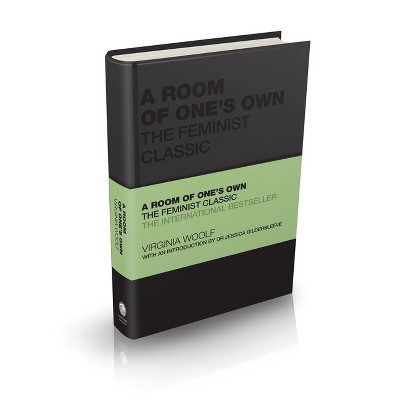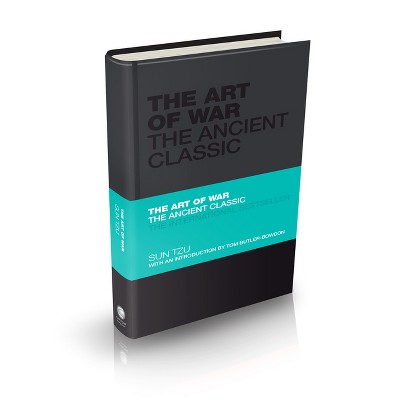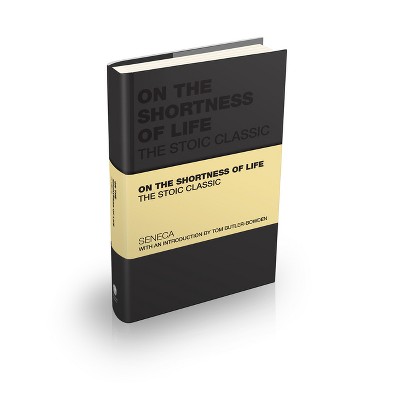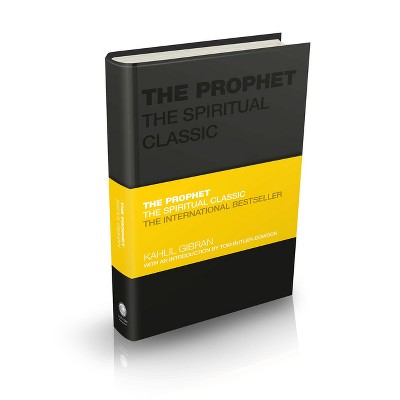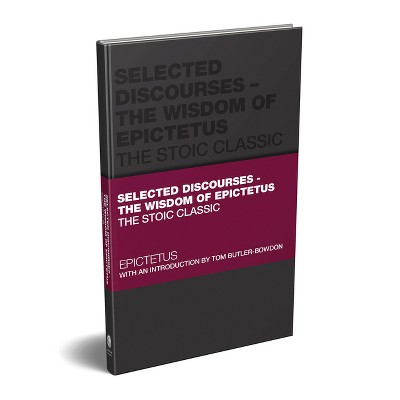Sponsored

A Christmas Carol - (Capstone Classics) by Charles Dickens (Hardcover)
In Stock
Sponsored
About this item
Highlights
- A timeless tale of redemption and the spirit of Christmas A Christmas Carol, Charles Dickens' beloved novella, captures the essence of the festive season and the transformative power of kindness and compassion.
- About the Author: Charles Dickens (b. 1812) was a British author, journalist, and social commentator who wrote the beloved classics Oliver Twist and Great Expectations.
- 384 Pages
- Fiction + Literature Genres, Classics
- Series Name: Capstone Classics
Description
About the Book
"On December 19, 1843, Dickens published A Christmas Carol, one of his most timeless and beloved works. The book features the famous protagonist Ebenezer Scrooge, a curmudgeonly old miser who--with the help of the Ghosts of Christmas Past, Present, and Yet to Come--finds the holiday spirit. Like the earlier works by Dickens, it was intended as a social criticism, to bring attention to the hardships faced by England's poorer classes. The book was a roaring success, selling more than 6,000 copies upon publication. Readers in England and America were touched by the book's empathetic emotional depth. A Christmas Carol was Dickens' most popular book in the United States as well, selling more than two million copies in the century after its first publication there"-- Provided by publisher.Book Synopsis
A timeless tale of redemption and the spirit of Christmas
A Christmas Carol, Charles Dickens' beloved novella, captures the essence of the festive season and the transformative power of kindness and compassion. Written in 1843, this classic story has become synonymous with Christmas and continues to resonate with readers of all ages.
Set in Victorian London, A Christmas Carol follows the miserly Ebenezer Scrooge, who is visited by the ghosts of Christmas Past, Present, and Yet to Come. Through these supernatural encounters, Scrooge is forced to confront his own selfishness and the impact of his actions on others. The novella explores themes of generosity, forgiveness, and the importance of human connection.
Dickens' vivid portrayal of the bustling streets of London and the stark contrast between wealth and poverty serves as a powerful social commentary on the inequalities of the time. The story's enduring appeal lies in its universal message of hope and the possibility of change, making it a perfect read for the festive season.
Despite being published over 180 years ago, A Christmas Carol remains relevant today, reminding us of the importance of empathy and the joy that comes from helping others. It's perfect for fans of classic literature and those seeking a heartwarming tale to celebrate the spirit of Christmas.
From the Back Cover
A MASTERPIECE OF FESTIVE FICTION
A Christmas Carol is the most famous and heart-warming festive story of them all. In these pages we meet Ebenezer Scrooge, a name synonymous with greed and parsimony. On Scrooge's journey to redemption we encounter a rich array of Dickensian characters, including the poor Cratchit family with the ailing Tiny Tim. With its atmospheric descriptions of 19th century London, A Christmas Carol is an enduring gift to the world, capturing the essence of the love, kindness and generosity of the holiday season. The story's uplifting magic remains as potent today as when it was first published.
About the Author
Charles Dickens (b. 1812) was a British author, journalist, and social commentator who wrote the beloved classics Oliver Twist and Great Expectations. His books were first published in monthly serial installments, which became a lucrative source of income following a childhood of abject poverty. His 15 novels, in their stark portraits of poor and working class people in the Victorian era, helped to bring about social change. Dickens died in June, 1870 at age 58, and is remembered as one of the most important and influential writers of the 19th century.
Tom Butler-Bowdon is editor of the Capstone Classics series and has written introductions to Plato's Republic, Epictetus's Discourses, Machiavelli's The Prince, and Adam Smith's Wealth of Nations. A graduate of the London School of Economics, he is also the author of 50 Philosophy Classics, 50 Politics Classics, and 50 Psychology Classics.
www.butler-bowdon.com
Shipping details
Return details
Guests also viewed
